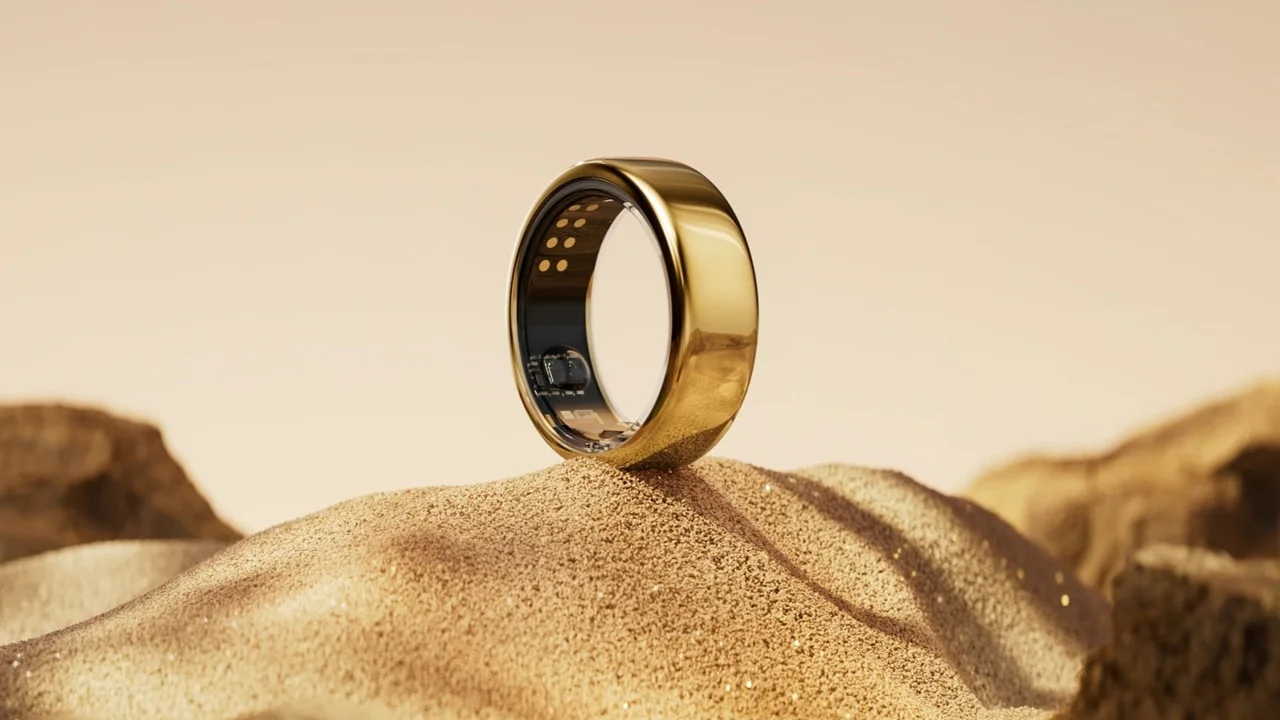
Last month, Samsung unveiled its highly anticipated Galaxy Ring alongside the Galaxy S24 lineup, setting the stage for its integration with artificial intelligence (AI) capabilities. Now, at Mobile World Congress in Barcelona, Samsung aims to showcase the revolutionary potential of the Galaxy Ring in the realm of health and smart home connectivity.
In a teaser announcement on Sunday, Samsung hinted at the Galaxy Ring’s pivotal role in the broader Samsung Health ecosystem. Leveraging AI technology, the Galaxy Ring promises to analyze health data collected either directly through the ring or via Samsung’s Galaxy Watch 6. Samsung’s ambitious health initiative involves seamlessly integrating this data with its SmartThings smart home platform. This integration could empower users to control connected home devices, such as lights, based on personalized sleep patterns or receive timely alerts for medication reminders.
Samsung’s foray into AI-driven health solutions coincides with Google’s Fitbit Labs program, which similarly leverages AI to offer insights derived from health and fitness data. Amidst this competitive landscape, the Galaxy Ring enters the market, challenging incumbents like the Oura Ring while also anticipating competition from newcomers like Movano Health’s Evie Ring.
While Apple has explored the idea of developing fitness accessories like a ring, Samsung remains at the forefront of innovation in wearables. The Galaxy Ring represents Samsung’s strategic move towards offering a more discreet wearable option, catering to users who prefer a simpler form factor.
This emphasis on AI-powered health features aligns with Samsung’s broader vision for Galaxy AI, as evidenced by its integration into the Galaxy S23 series following its successful debut on the Galaxy S24 Ultra.



